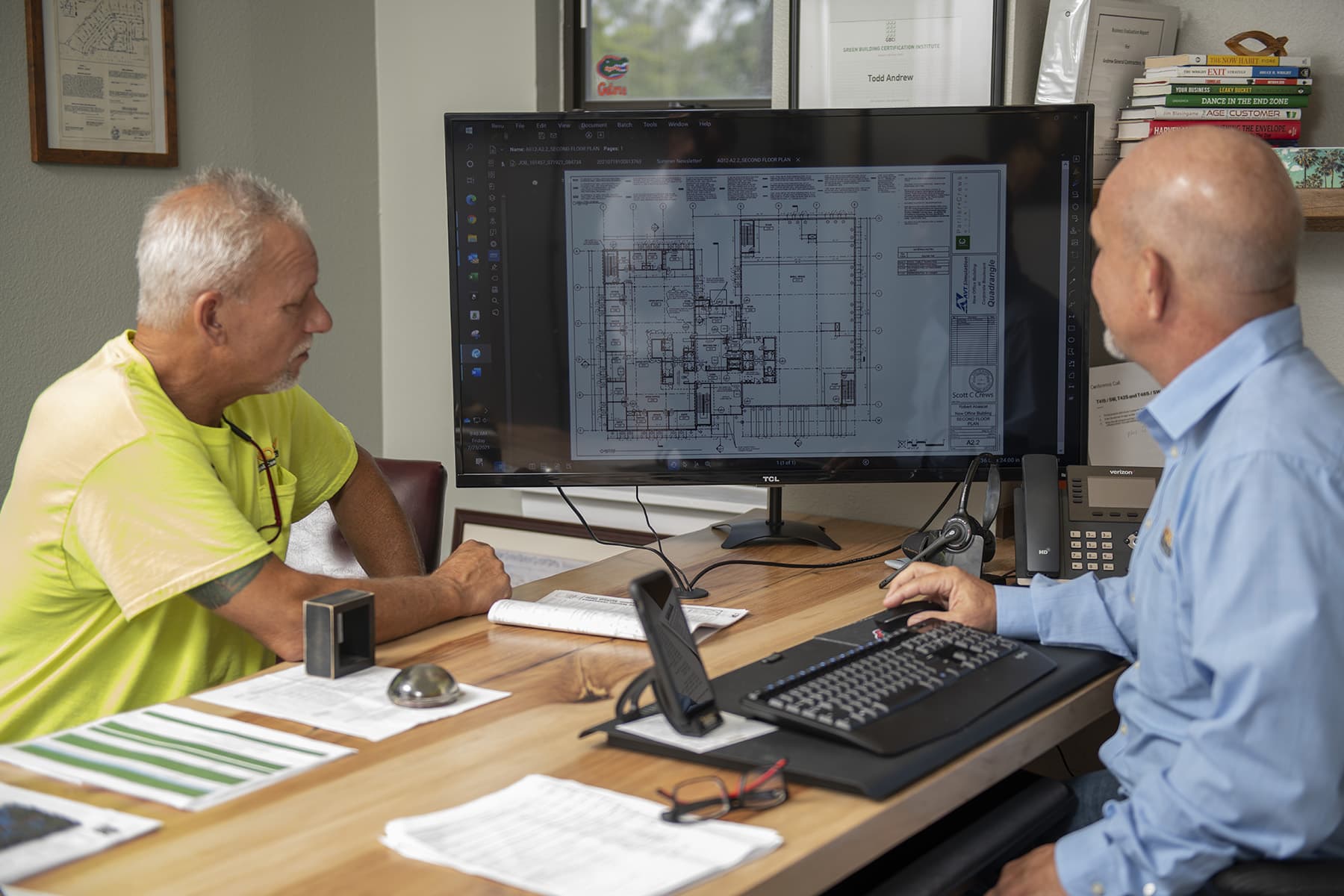How to Pick a General Contractor
General contractors can bring in a project on time within high quality standards and under budget. But, they also can be responsible for long delays and cost overruns.
To ensure your project’s success, follow these guidelines when choosing a general contractor:
- Check referrals. Ask for recommendations from local industry professionals, subcontractors and trusted competitors. Visit projects the general contractor has built and ask for a list of client referrals.
After checking referrals, talk or meet with the general contractor to get a feel for the type of work he has done and to make sure you feel that there will be “working chemistry.”
Also, look to local industry organizations that have membership lists, such as the Associated Builders and Contractors (ABC) or the Association of General Contractors (AGC).
- Opt to negotiate rather than bid out projects. Experienced commercial bankers and developers generally know what construction costs per square foot and with this knowledge can obtain a fair price.
Experienced general contractors will take negotiating seriously and provide you with a complete cost breakdown proposal that spells out the conditions and the project’s scope. The general contractor also can obtain multiple bids from major subcontractors for your review.
When developers simply “bid out” projects, they’re usually looking for the lowest price — and they ultimately sacrifice quality and service. This approach also can create an adversarial relationship among the architect, general contractor, civil engineer and owner early on in the project.
- Insist on a detailed schedule. Being detail-oriented is a major component of ensuring that a job stays within the agreed budget and time.
Make sure the general contractor provides a detailed schedule and follows it. Try to avoid giving “false deadlines” because it will thwart the scheduling process. Reputable general contractors will honor your realistic deadline.
Also, remember that between today’s tight construction labor market, weather interruptions, and permitting and design delays, schedule changes are sometimes uncontrollable and inevitable. When unexpected delays arise, the general contractor should provide a written explanation for the delay and give you a revised completion date.
- Look at on-site quality. Sometimes developers need to bring clients on-site during the construction process. If so, it’s important to have a general contractor who understands the need for professionalism and on-site organization. Make sure he maintains a “controlled” job-site.
The superintendent — who is the on-site representative of the general contractor — should make sure the area is clean, organized and that the crew acts in an appropriate manner.
- Beware of red flags. Be wary of general contractors who have reputations as “low-cost providers.” Many times, low bidding creates an adversarial relationship between the owner and architect. A general contractor who recklessly cuts corners to keep costs down ultimately compromises the overall project quality, schedule and budget.
- Find someone who can communicate effectively. General contractors must balance the demands of owners, architects and subcontractors. Select someone who can communicate effectively with all parties involved and maintain a good working relationship. Good communication is the key in helping to meet the project’s completion date and staying within the budget.
Remember: A reputable general contractor wants your repeat business for years to come. As a result, quality general contracting companies will do their best to ensure your satisfaction. Just like you, reputable general contractors want your project to be top quality — delivered on schedule and on budget.
